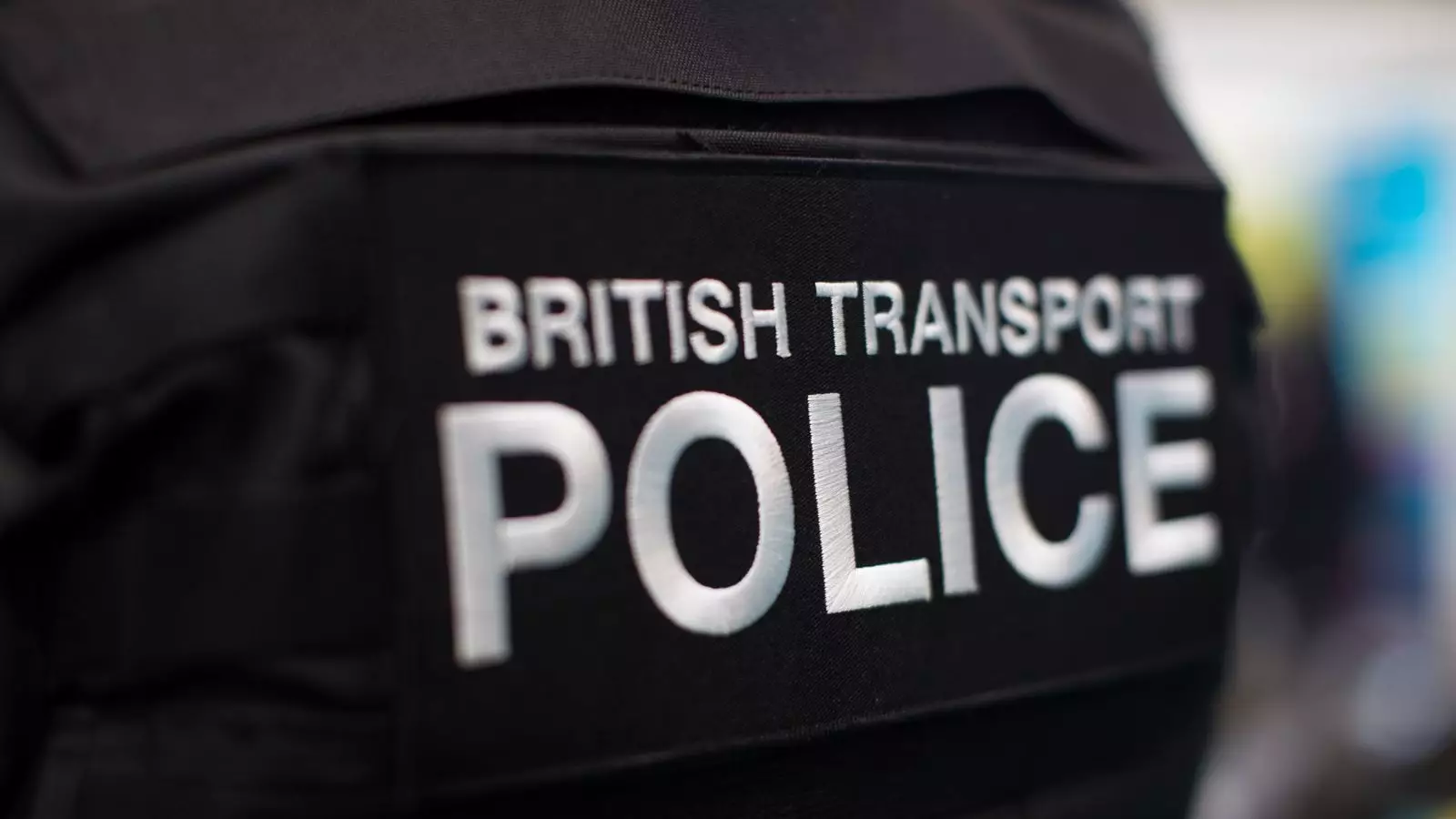The recent decision by the UK Supreme Court to redefine the interpretation of “woman” within the Equality Act 2010 has ignited a fierce debate across the nation, with significant repercussions for trans individuals and the broader society. By stating that the definition pertains exclusively to “biological women,” the court has laid a precarious foundation upon which policies regarding trans women, particularly in sensitive contexts like policing, will now be based. This ruling, while grounded in legal interpretation, seems to sidestep the very essence of human rights and respect for individual self-identity.
With the British Transport Police (BTP) now instructing male officers to conduct strip searches on trans women rather than allowing searches by female officers, the situation has escalated into an ethical quagmire. This interim position not only disregards the lived experiences of trans individuals but also undermines the recognition of their rights gained over the years. This shift signals a troubling trend wherein bodily autonomy and gender identity are being dismissed in favor of a strict biological perspective, raising grave concerns about safety and respect for trans detainees.
Safety and Dignity at Stake
Strip searches are invasive procedures that require a delicate handling of human dignity. By mandating that male officers conduct searches on trans women, the BTP arguably exposes these individuals to potential psychological distress and the risk of dehumanization. It is disconcerting to note that the very protocol implemented under the guise of law and order could pave the way for harassment or abuse, either from officers conducting the searches or even from fellow detainees.
There is no denying that the implications of this ruling directly conflict with fundamental human rights principles embedded in the European Convention on Human Rights. The legal definition of what constitutes a woman is now undermining the wellbeing and rights of not just the individuals involved but also the ethos of dignity that the police force is expected to uphold. Advocates from various sectors, including the Sex Matters campaign, have expressed grave concerns regarding the stripping away of protections that were designed to ensure safety across the gender spectrum.
A Divisive Political Climate
The implications of this ruling don’t merely affect the policies of the British Transport Police but compel public bodies to reevaluate their stance on gender identity across all sectors. While government minister Karin Smyth urged public bodies to approach their guidance with caution, the divisive political landscape surrounding trans rights provides fertile ground for further controversy.
The pressure to reassess existing policies also arrives at a time when gender identity and transgender rights are increasingly becoming topics of public discourse. While adequate procedural revision is essential, it is equally critical to approach these matters with sensitivity, recognizing this is not simply a legal issue but a matter of human rights and lived experience. Rushing into new regulations without thoughtful consideration may deepen societal fissures rather than promote inclusivity and respect for all individuals.
Impacts on Gender Identity Recognition
In light of the ruling, institutions such as the NHS will also be forced to alter their policies regarding the treatment of transgender patients, adding to the wavering landscape of gender identity recognition in the UK. The 2019 policy that allowed transgender patients to be accommodated on single-sex wards according to their self-identified gender may now face a critical reevaluation—a move that could create more barriers to healthcare access for trans individuals.
Baroness Kishwer Falkner has emphasized that clarity is essential in the wake of this ruling, suggesting that public bodies must redefine their approaches to prevent further confusion. Yet, this call for clarity may inadvertently promote a monolithic understanding of gender that dismisses the complexities of gender identity, pushing marginalized voices further to the periphery of societal consideration.
The Supreme Court’s decision and its consequent implications carry a profound weight for British society. The need for balanced, humane policies that validate and support the identities of trans individuals is more pressing than ever. The danger lies in the erosion of rights layered under the guise of legal definitions—a perilous path that risks driving a wedge deeper into the already fragile fabric of equality and respect in contemporary discourse.

Leave a Reply